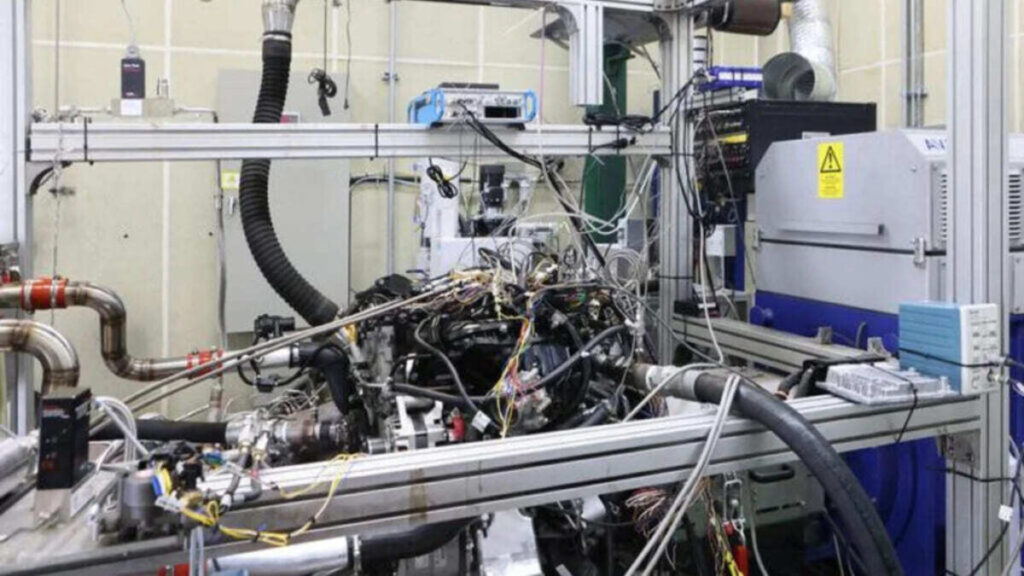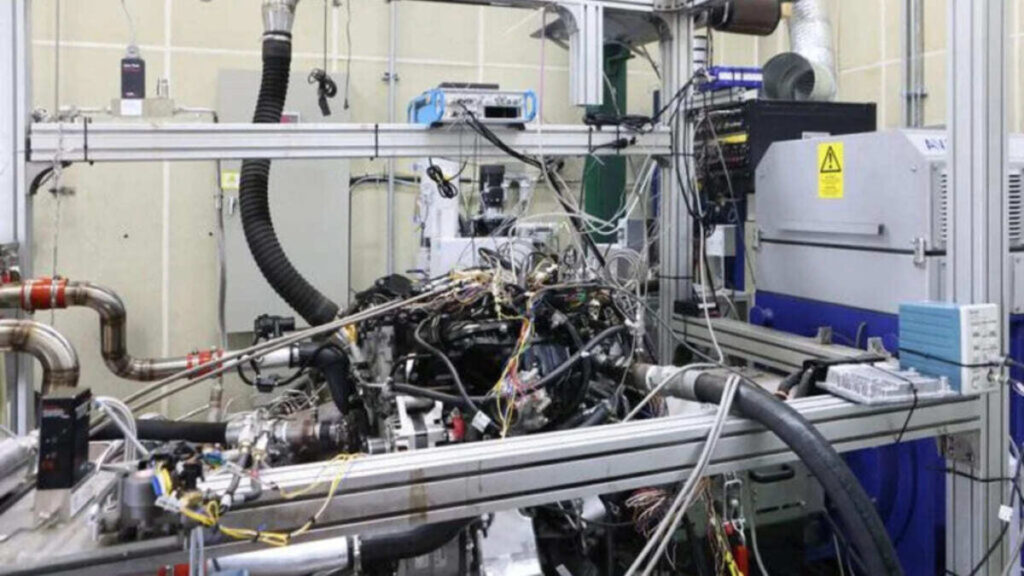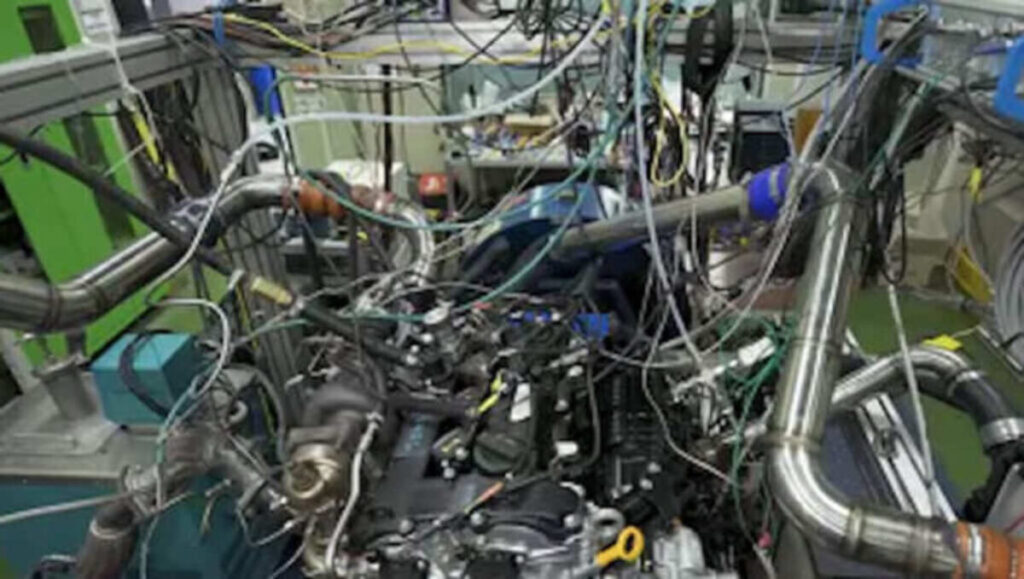In the world of automotive innovation, every now and then, something comes along that feels like a game-changer. Imagine stepping into a cleaner, greener future, where the vehicles we drive no longer contribute to the pollution choking our cities. Sounds like a dream, right? Well, it’s becoming more of a reality than ever, thanks to a team of researchers in South Korea who’ve made a groundbreaking development in hydrogen technology. They’ve created a two-liter engine powered entirely by hydrogen, setting the stage for what could be a revolutionary shift in the way we think about driving.
The Drive Towards Green Technology

The desire for a more sustainable world is something that many of us feel every day. Whether it’s reducing our plastic use or choosing reusable products, we’re all looking for ways to leave a lighter environmental footprint. But it’s not just consumers making the shift; industries around the world are also pushing for greener solutions. The automotive sector, in particular, has been under pressure to evolve, and hydrogen is quickly becoming one of the front-runners in this race for cleaner energy.
I’ll admit, when I first heard about hydrogen as an alternative fuel, it seemed a bit like science fiction. But seeing how researchers in South Korea have managed to power a two-liter engine using hydrogen—through a direct injection system—is a true testament to how far we’ve come. The beauty of this innovation lies not just in its efficiency, but in its potential for mass production. This technology could truly revolutionize the future of passenger transportation, making vehicles cleaner and greener than ever before.
An Eco-friendly and Sustainable Engine

What makes this hydrogen engine even more impressive is its design. Instead of the usual method of throttling intake air to modulate engine efficiency, this system uses a pre-mix combustion technique, allowing for ultra-low combustion levels. This is huge because it means that the engine can operate without the usual pumping losses that plague conventional engines. According to reports from Interesting Engineering, this method helps to optimize fuel efficiency without sacrificing power.
Now, here’s where it gets even more exciting: the results are pretty staggering. In comparison to traditional gasoline engines, this hydrogen-powered engine can reduce carbon dioxide emissions by an astounding 98% and fine particle emissions by 90%. And that’s not all—it also meets the European Union’s stringent regulations for zero-emission vehicles. If you’re wondering about the nitty-gritty details, this engine also boasts a thermal efficiency rate of 40%, which is incredibly high for any internal combustion engine. Even more impressive, the nitrogen oxide emissions are well below 15 parts per million (ppm)—a significant achievement considering many vehicles today exceed that by a wide margin.
The Future of the Automotive Industry

This hydrogen-powered engine is more than just a win for the environment. It’s a symbol of what can happen when innovation meets the need for a cleaner world. But while the technology has huge potential, the challenge now will be ensuring it’s scalable and sustainable over the long term. The automotive industry has a long road ahead, but developments like this are paving the way for a future where our vehicles are not only powerful but also part of the solution to the climate crisis.
As someone who’s always looking for ways to make more eco-conscious choices, I can’t help but feel hopeful when I think about the future of transportation. Whether it’s the hydrogen engine or other green technologies, we’re seeing just how powerful innovation can be when it’s directed toward solving some of our biggest environmental challenges.
The road ahead may be long, but as we continue to push forward with these kinds of innovations, the hope is that one day, the cars on the road will be a lot cleaner, quieter, and more sustainable. And, maybe one day soon, that’ll be the engine that powers us all.






